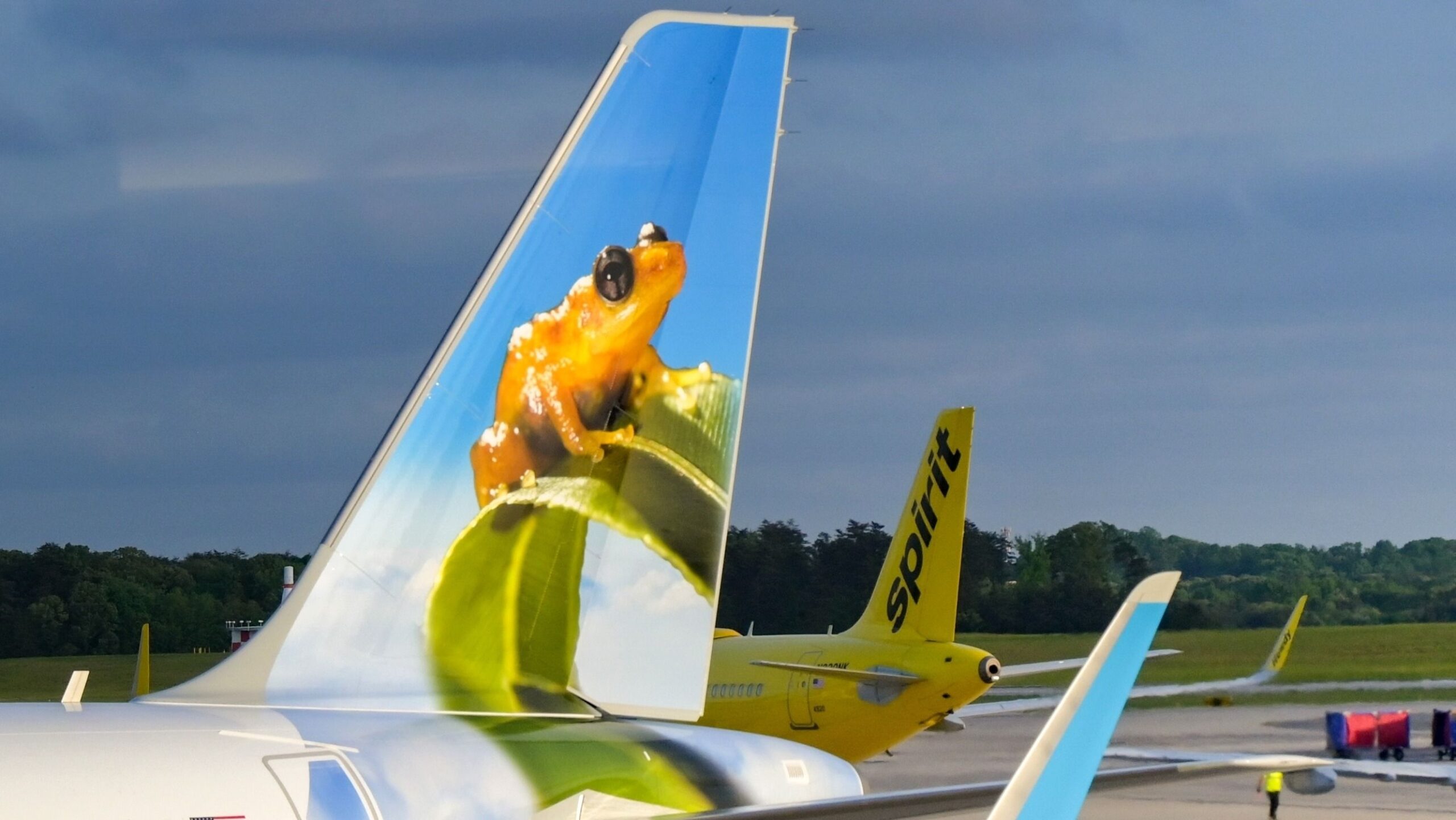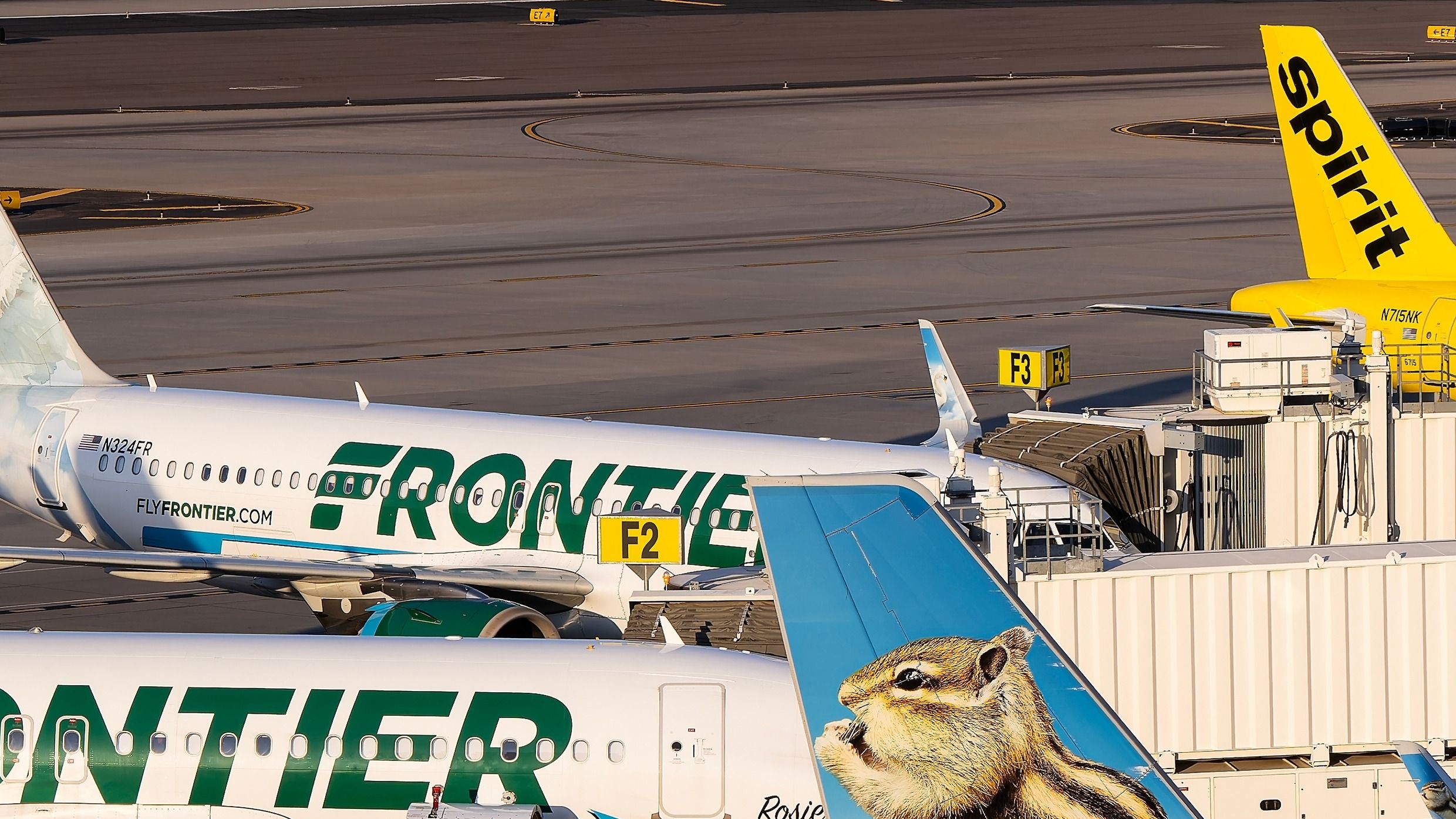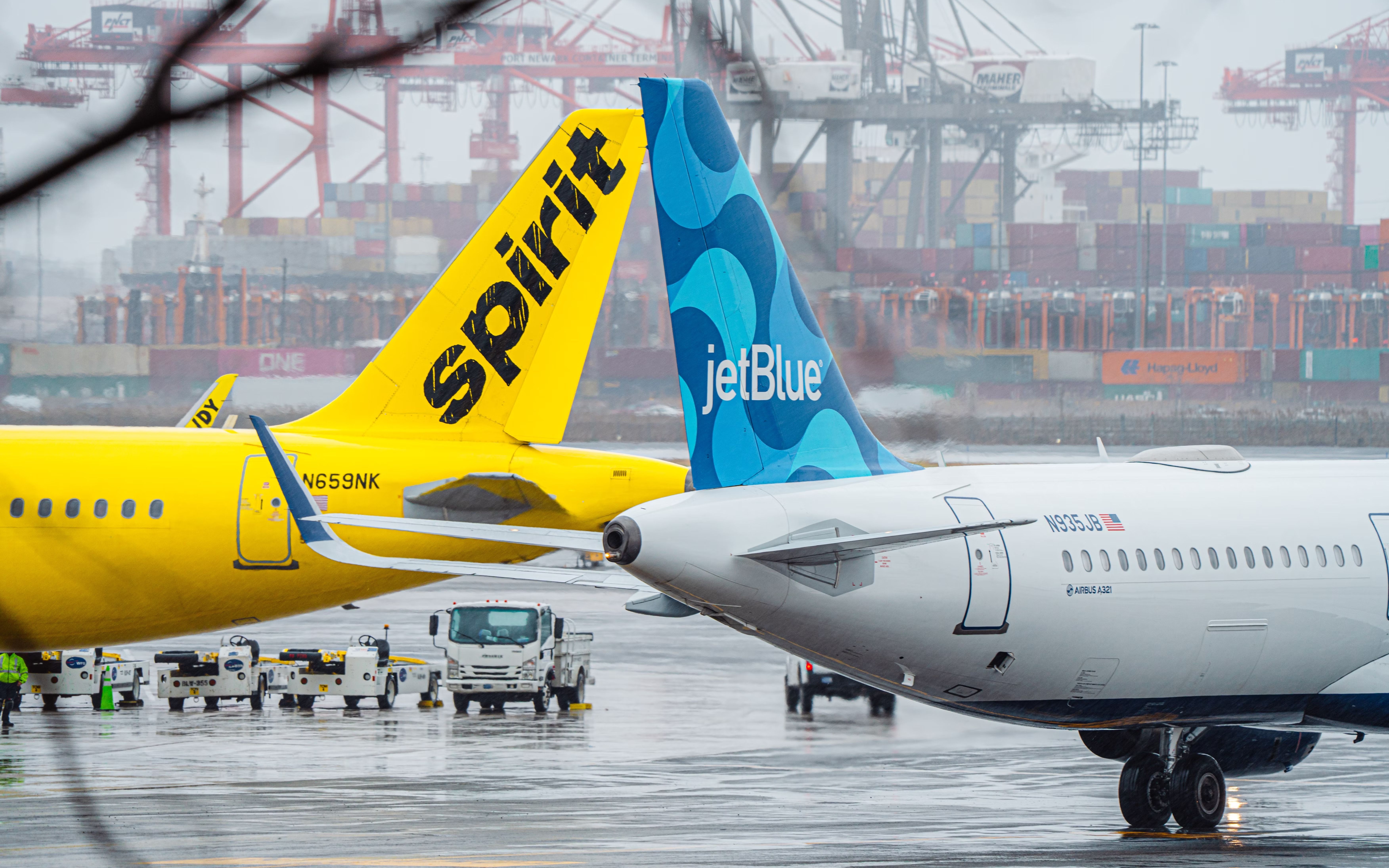In the aftermath of Spirit Airlines’
failed merger attempt with JetBlue Airways
, questions about what the ultra-low-cost carrier (ULCC)
could be mulling next have emerged as it remains desperate for a lifeline. Spirit, which is reportedly drowning in more than $1 billion of debt, just extended its refinancing deadline on Friday, hours before it was set to expire.
Although the latest acquisition ambitions did not work out in Spirit’s favor, JetBlue’s founder, David Neeleman, tapped into speculation over what Spirit could do next. The prominent figure and current CEO of Breeze Airways
, believes merger conversations between Spirit and its main contender, Frontier Airlines
, could be reignited.
“That’s my guess”
In a recent conversation with Simple Flying, Neeleman discussed Spirit’s current situation, specifically noting that the budget carrier has “some work to do” to improve its financial crisis.
“I’m pretty sure that Frontier and Spirit will try and get back together again. Spirit’s got some work to do on either bankruptcy or prepack bankruptcy, but I’m sure they’re working closely together to figure that out. I wouldn’t be a bit surprised if they announced a prepack for Spirit and then a merger. That’s my guess.”
The carrier has not officially filed for bankruptcy, but recent setbacks suggest an announcement could be in the future. Prearranged bankruptcy involves the debtor fully negotiating the terms of its Chapter 11 filing, including an agreement outlining the terms of restructuring with key creditors, according to Bloomberg Law. It is often known as restructuring support or a lock-up agreement in which votes from the entitled creditors are solicited on the plan prior to the official bankruptcy filing.
Photo: Robin Guess | Shutterstock
Earlier this month, The Wall Street Journal reported that Spirit has been aiming to reach an agreement with bondholders and other creditors to support a Chapter 11 filing. The carrier’s $3.3 billion debt load, which includes over $1.1 billion of secured bonds, is reportedly due in less than a year. Spirit’s shares have fallen more than 90% so far this year. This month alone, the carrier’s shares have decreased by nearly 40%, according to CNBC. The last time the airline recorded a profit was before the pandemic.
From Frontier to JetBlue
In February 2022, Spirit and Frontier formally announced their intent to combine, which was described as “creating America’s most competitive ultra-low fare airline.” However, the merger agreement was terminated nearly six months later as Spirit did not have adequate shareholder support. Instead, the carrier proceeded with its ongoing discussions with JetBlue, which presented a larger bid to its shareholders.
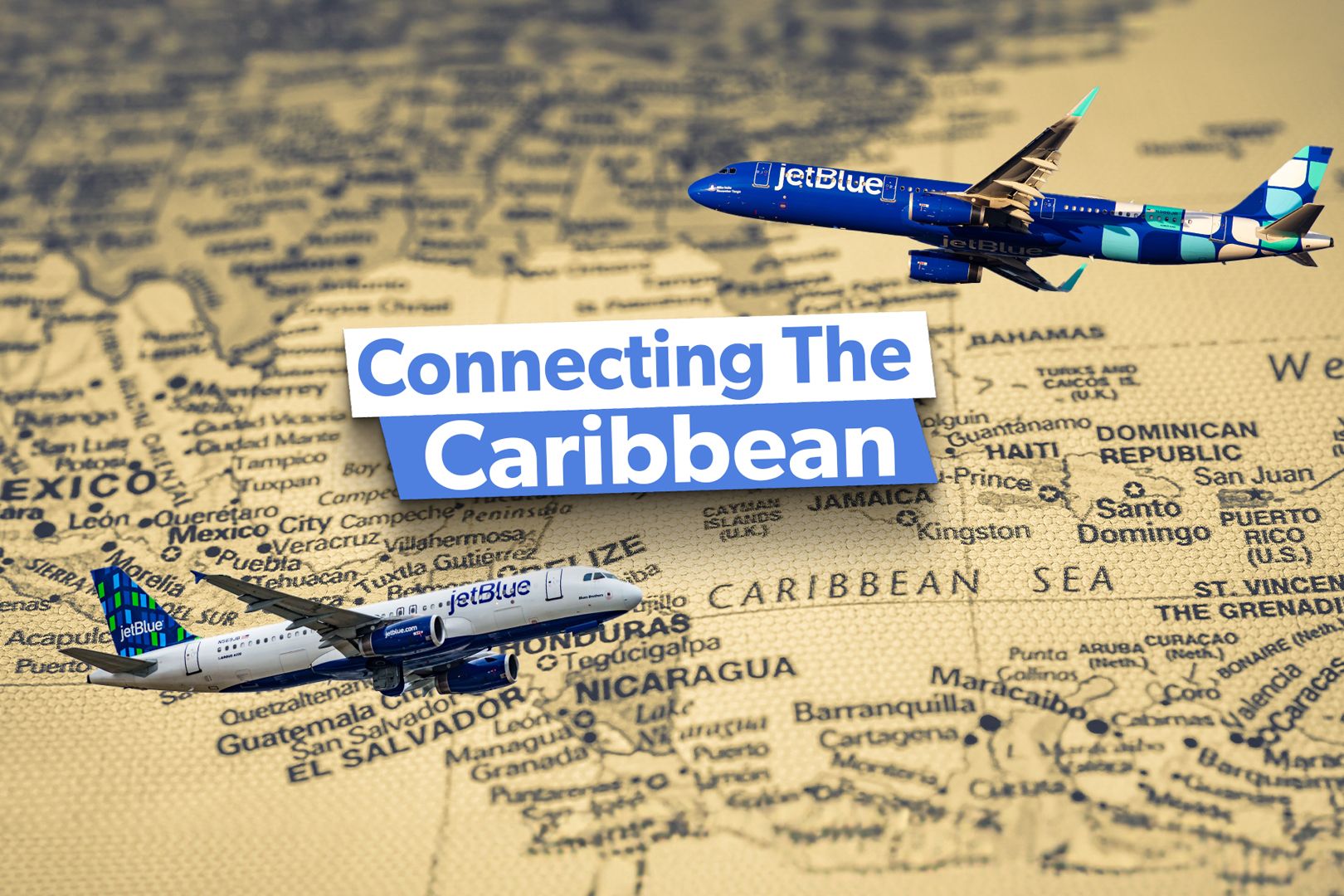
Check It Out
Top 5: These Are JetBlue’s Most-Served Caribbean Routes This Month
Only one route is operated by Mint-equipped Airbus A321s.
The canceled merger was a costly blow to Frontier. In August of last year, the Denver-based airline said it endured $1 million in total costs related to the failed attempt throughout the first six months of 2023, according to AeroTime.
Photo: Lukas Souza | Simple Flying
JetBlue reached an agreement with Spirit to purchase the carrier in July 2022. The merger was officially killed off earlier this year after the carriers experienced regulatory hurdles, which was an initial fear Spirit outlined in a letter to JetBlue in May 2022, according to CNN.
“There’s alot of consolidation opportunities”
Over the past two decades, US aviation has experienced numerous mergers: America West–US Airways, Northwest Airlines–Delta Air Lines, Continental Airlines–United Airlines, AirTran Airways–Southwest Airlines, US Airways–American Airlines, Virgin America–Alaska Airlines, and most recently, Hawaiian Airlines–Alaska Airlines.
Although consolidation can benefit airlines, it can pose a significant threat to competition, which the Department of Transportation (DOT)
regulates. Sun Country Airlines
CEO Jude Bricker told Simple Flying that mergers can be “positive” for the industry.
“From a high level consolidation is really positive in the industry. It rationalizes networks, it provides greater scale and travel opportunities for the general public…”
Bricker went on to explain that with the addition of startup carriers Avelo Airlines and Breeze, “there’s alot of consolidation opportunities” to position a contender to American, Delta, Southwest, and United.
“And that’s just to make those carriers a better competitor to the big four. So I’m pro-consolidation. We’re hopeful that we’re going to see some,” the CEO explained. “The Alaska Hawaiian merger got approved which is going to be really positive for the folks in the Pacific Northwest, so hopefully more to come.”
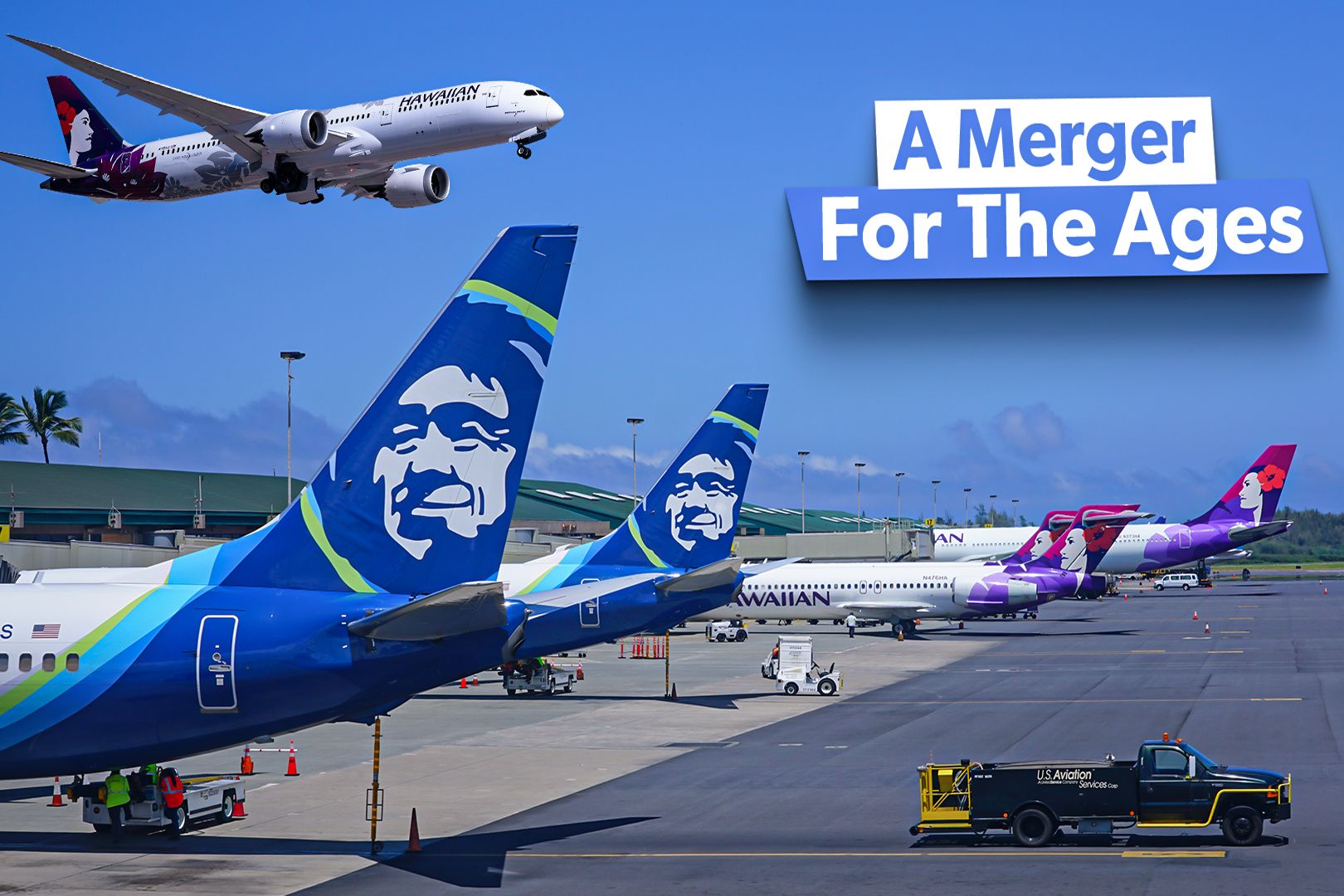
Read Next
How Will The Alaska-Hawaiian Merger Impact The US Airline Industry?
The merger could alter US commercial aviation’s industrial organization.

